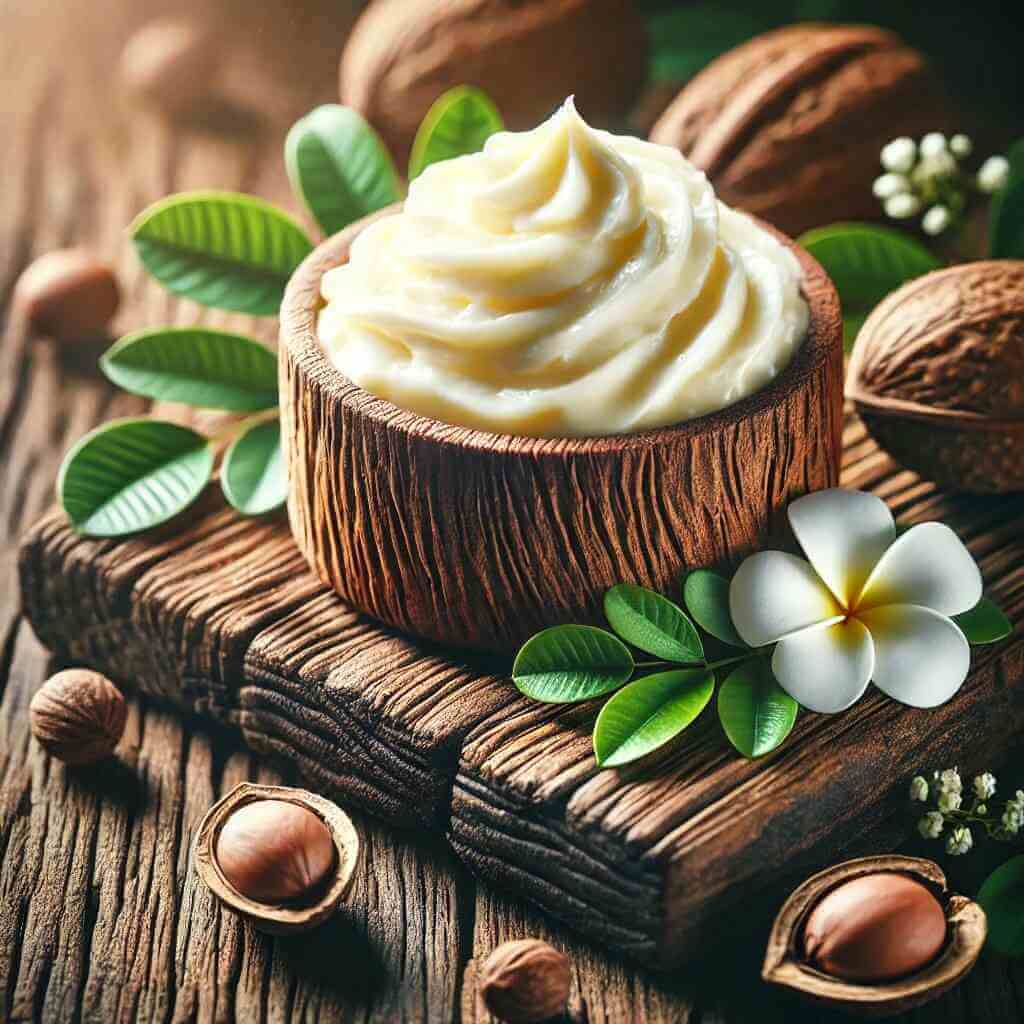
Botanical Anti-Inflammatories for Clear Skin
Acne is more than a surface-level skin concern—it's an inflammatory condition at its core. While traditional treatments often rely on synthetic ingredients like benzoyl peroxide or salicylic acid, these can lead to dryness, irritation, or resistance. Enter botanical anti-inflammatories: gentle yet powerful plant-based compounds that target acne naturally, without compromising your skin’s health.
In this blog, we explore scientifically backed natural anti-inflammatory ingredients that help reduce redness, swelling, and breakouts—safely and effectively.
Why Inflammation Is the Root of Acne
Every pimple starts with inflammation—your body’s immune response to clogged pores, bacteria (Cutibacterium acnes), and hormonal fluctuations. Controlling inflammation is key to managing:
- Red, swollen pimples
- Painful cystic acne
- Post-acne hyperpigmentation
Botanical extracts help regulate this inflammatory response while supporting the skin’s natural barrier.
Top Botanical Anti-Inflammatories for Acne
🌿 1. Tea Tree Oil (Melaleuca alternifolia)
- Benefits: Antibacterial, antifungal, and anti-inflammatory
- How it works: Penetrates pores to kill acne-causing bacteria and calm swelling
- Use: Spot treatment or diluted in toners/serums
- Note: Always dilute to avoid irritation
🌿 2. Green Tea Extract (Camellia sinensis)
- Benefits: Rich in EGCG, a potent antioxidant and anti-inflammatory
- How it works: Reduces sebum production and fights oxidative stress
- Use: In serums, creams, or DIY masks with matcha
🌿 3. Aloe Vera (Aloe barbadensis)
- Benefits: Soothes inflamed skin, accelerates healing
- How it works: Contains polysaccharides and gibberellins that reduce redness and promote repair
- Use: Apply the fresh gel or use products with high aloe concentration
🌿 4. Willow Bark Extract (Salix alba)
- Benefits: Natural source of salicin (precursor to salicylic acid)
- How it works: Exfoliates, unclogs pores, and reduces swelling without synthetic acids
- Use: In cleansers and toners for oily, acne-prone skin
🌿 5. Turmeric (Curcuma longa)
- Benefits: Antibacterial and anti-inflammatory
- How it works: Curcumin reduces skin inflammation and helps prevent acne scars
- Use: Face masks, spot treatments, or infused oils
🌿 6. Chamomile (Matricaria recutita)
- Benefits: Calming and antimicrobial
- How it works: Inhibits inflammatory enzymes like COX-2
- Use: Steamed into teas, used in compresses, or infused in skincare
🌿 7. Calendula (Calendula officinalis)
- Benefits: Promotes skin repair and calms irritation
- How it works: Flavonoids reduce inflammation and redness
- Use: In balms or creams for post-acne care and sensitivity
✅ Bonus: Shea Butter’s Role
Though not typically listed as an acne treatment, raw shea butter contains lupeol—a triterpene compound with anti-inflammatory and antimicrobial properties. Its non-comedogenic nature (when unrefined) makes it safe for acne-prone skin, especially in low-humidity environments.
Tips for Using Botanicals Safely
- Always do a patch test first
- Choose alcohol-free, fragrance-free formulations
- Look for organic and cold-processed extracts to preserve potency
- Avoid using too many actives at once—simplicity is key
Conclusion
Nature offers a powerful toolkit for fighting acne gently and effectively. By turning to botanical anti-inflammatories, you can support your skin’s healing process, reduce flare-ups, and achieve long-term clarity—without harsh chemicals.
Whether you choose tea tree oil, aloe vera, or turmeric, the key is consistency, patience, and choosing high-quality, natural ingredients.
Read more in the Journal of Cosmetic Dermatology (click here.)
If you're interested in reading more information about Shea Butter, click here.
